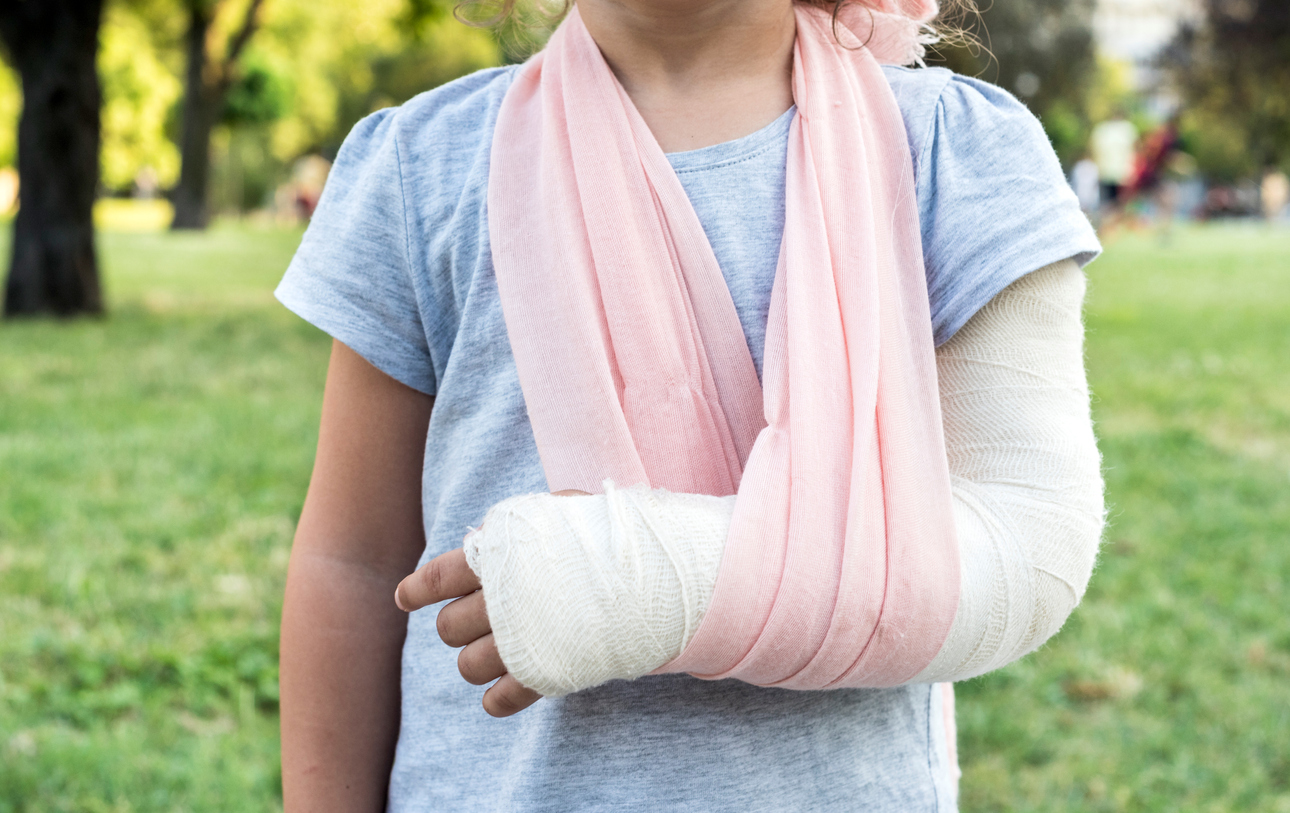Robert Hammers | October 21, 2025 | Daycare Injuries \ Personal Injury

When you send your child to daycare, you expect them to be safe and that the daycare follows all Georgia regulations to avoid daycare injuries. These regulations are in place to help protect the health and safety of the children.
Daycare regulations vary depending on the specific type of facility your child attends, and there are also some exceptions to the rules. Keep reading below to learn all you need to know about the Georgia daycare regulations.
Overview of Georgia Daycare Rules
The Georgia Department of Early Care and Learning (DECAL) is authorized to enforce all the laws governing daycares in the state. Georgia requires that certain types of facilities be licensed, and there are specific rules and regulations that these facilities must follow.
Types of Licensed Childcare Facilities in Georgia
First, it is important to know that rules apply to:
- Licensed child care programs (both child care learning centers and family child care learning homes)
- Registered support centers
Child care learning centers are what most people consider traditional daycare facilities. Family child care learning homes are private residences in which an individual is supervising children for pay. Registered support centers do not supervise children, but they provide background check services to daycare programs.
Scope of Georgia’s Daycare Regulations
The Georgia daycare regulations specify all the requirements that must be met by all these types of facilities.
Some common types of rules pertaining to daycare facilities include rules governing:
- Admission and enrollment
- Bathrooms
- Children’s health
- Diapering areas
- First aid and CPR
- Food service and nutrition
- Field trips
- Hygiene
- Kitchen operations
- Medications
- Parental access
- Personnel records
- Playgrounds
- Safe sleeping requirements
- Staff to child ratios
- Transportation
- Inspections
This is not an exhaustive list of all areas covered by the regulations. The daycare regulations in Georgia are very thorough, and they cover nearly all aspects of the physical facility, staff, and operations.
Exceptions to the Georgia Daycare Regulations
Some daycare programs in Georgia qualify for an exemption from the licensing requirements. This means that they may not be bound to all the regulations that apply to other daycares. The Georgia DECAL program must approve the exemption request, and the exemption should be prominently displayed at the daycare location.
The following categories of daycare facilities may apply for an exemption:
- Government-owned and operated
- Licensed faith-based based accredited or religious schools
- Day camp programs or school breaks for school-age children
Daycare facilities located at private residences are not eligible for exemption. Additionally, the exemption does not affect the authority of the health department, fire marshal, or building officials to inspect and approve locations or facilities.
Penalties for Failure to Follow the Daycare Regulations
If a facility fails to follow the regulations, it could face some serious consequences. The DECAL program has the authority to enforce the regulations, and this authority includes enforcing penalties for violations.
These penalties may include:
- Fines
- License revocation
- Consent agreements
In addition, daycare workers who violate the rules may face additional penalties. Workers could face misdemeanor or even felony criminal charges and jail time. These workers may also have their background check disqualified. This may prevent them from working in another daycare in the future.
If you suspect a violation of the daycare rules, be sure to report your suspicions to the Georgia DECAL program. You can also check the inspection status of a facility by visiting the DECAL website.
Contact the Atlanta Daycare Injury Attorneys at Hammers Car Accident & Personal Injury Lawyers for Help Today
Even with all the regulations in place, some children, unfortunately, still suffer injuries at daycares in Georgia. If your child has been injured at daycare, you may be entitled to recover both economic and non-economic damages for their injuries. Hammers Law Firm is here to help.
First, make sure to seek medical treatment for your child’s injuries right away. Report the situation to DECAL and seek help from our experienced Atlanta personal injury lawyers. Your lawyer can help investigate the situation to uncover all the evidence needed to prove your claim.
Navigating the legal process of getting compensation for a daycare injury can be challenging, so do not hesitate to get the help you deserve. Contact us today for a free consultation with an Atlanta daycare injury lawyer.
We serve Fulton County and its surrounding areas:
Hammers Car Accident & Personal Injury Lawyers – Atlanta
201 Joseph E Lowery Blvd NW Suite 312,
Atlanta, GA 30314
Open 24/7
(770) 900-9000
Hammers Car Accident & Personal Injury Lawyers – Sandy Springs
5555 Glenridge Con, Suite 975,
Sandy Springs, GA 30342
Open 24/7
(678) 990-7024
Hammers Car Accident & Personal Injury Lawyers – Lawrenceville
265 Culver St S. Suite A.
Lawrenceville, GA 30046
Open 24/7
(678) 626-5067
Hammers Car Accident & Personal Injury Lawyers – Mableton
5701 Mableton Pkwy SW Suite 108,
Mableton, GA 30126
Open 24/7
(706) 480-5487
Hammers Car Accident & Personal Injury Lawyers – Smyrna
2400 Herodian Way Ste#220,
Smyrna, GA 30080
Open 24/7
(678) 922-4497
Hammers Car Accident & Personal Injury Lawyers – Roswell
110 Mansell Cir #111,
Roswell, GA 30075
Open 24/7
(678) 582-8466

